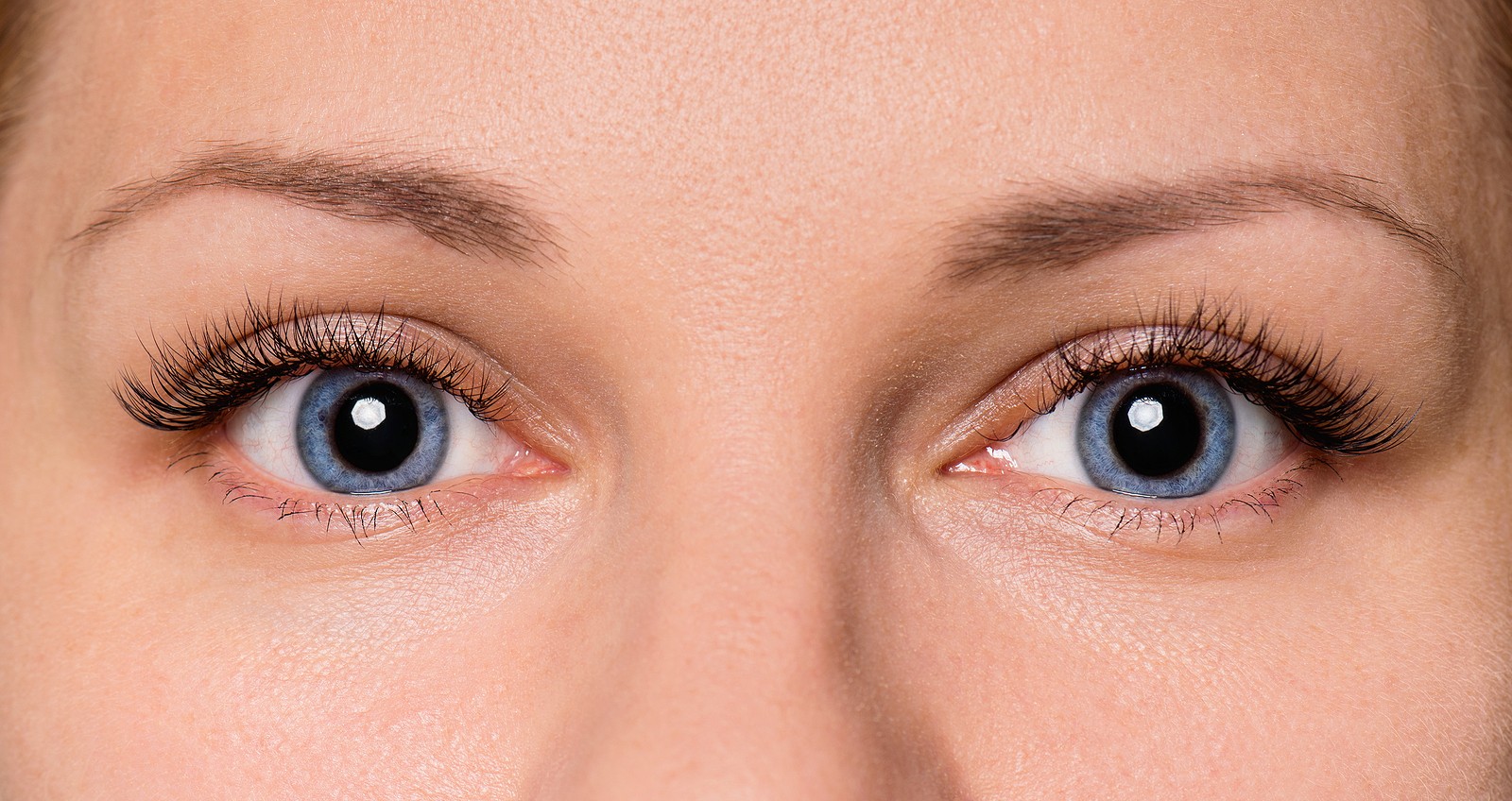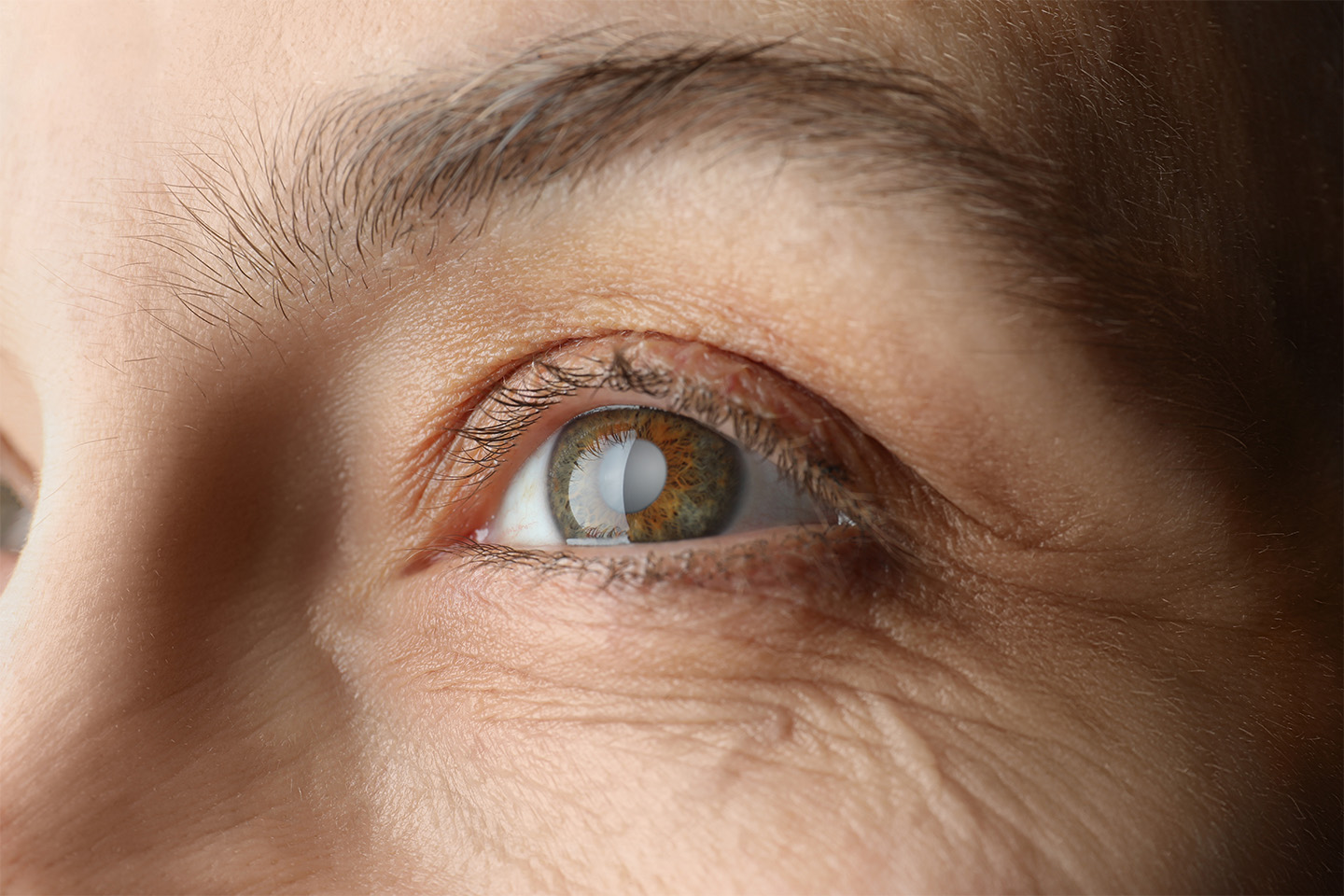Retinal Detachment Symptoms and Treatment

Your Retina Processes Images at the Back of the Eye
At the back of your eyes, there’s a small layer of cells that provide vision. The lens at the front of your eye focuses an image there, on an area called the retina. It’s an amazing combination of sensors that catches colors, contrast, and even motion. The retina is subject to disease and age-related conditions, but it also can experience tears and detachment. The retina is attached to a blood supply to keep it healthy, but under certain circumstances it can become detached – and you can be at risk for losing your eyesight. Our ICON Eyecare ophthalmologists in greater Denver, leading providers of cataract and LASIK surgery in the Front Range for all types of patients, also offer advanced eye care including including diagnosis and proper referrals for a retinal detachment in Denver. It’s important for you to know when you may be at risk and act quickly so your vision can be saved.
Why Your Retina Might Become Detached
Retinal detachment can happen from physical injury, like a head or eye injury. The retina can also detach because of scar tissue that occurs in poorly controlled diabetes. Aging can bring tears in the retina that lead to detachment, a complication of changes in the vitreous, the fluid in the eye. Other conditions such as inflammatory disorders and even age-related macular degeneration can lead to detachment.
If Your Retina Becomes Detached
Since retinal detachment doesn’t hurt, you may not realize that you have a serious eye problem that needs care. It’s helpful if you know you might be at risk, and these symptoms can also prompt you to act immediately:
- “Floaters” or small specks appear your vision suddenly, in large numbers.
- You’re seeing strange flashes of light in one or both eyes.
- Your vision has become blurred.
- Your side vision, called peripheral vision, is slowly diminishing.
- There’s a shadow like a curtain over your visual field.
Risk factors for retinal detachment include a related family history, extreme nearsightedness, previous eye conditions, injury, or surgery, and aging.
Treatment for Retinal Detachment
A typical retinal exam using a bright light is used for diagnosis, with ultrasound for confirmation if the eye is clouded by bleeding. A follow-up visit may be wise to watch for developing detachment. Tears in the retina can be addressed with laser surgery and a specialized freezing technique. For retinal detachment, there are several techniques used to press the retina back into place with a gas bubble, silicone, or vitreous fluid replacement, and keep it there while reattachment takes place. Recovery may only partially restore vision, and typically takes several months or more.
Eye Concerns Should Always Receive Prompt Attention
Small clues can indicate a significant eye condition, and this is especially true of retinal detachment. Our ophthalmologists in greater Denver offer excellence in our refractive services such as cataract and LASIK surgery in the Front Range, and care for other serious eye conditions. We also look forward to providing your regular eye exams and preventive care, so contact us for an appointment today.
[DISPLAY_ULTIMATE_SOCIAL_ICONS]








